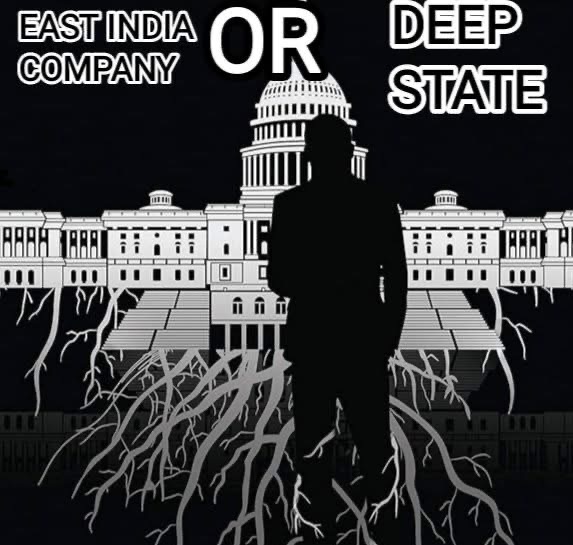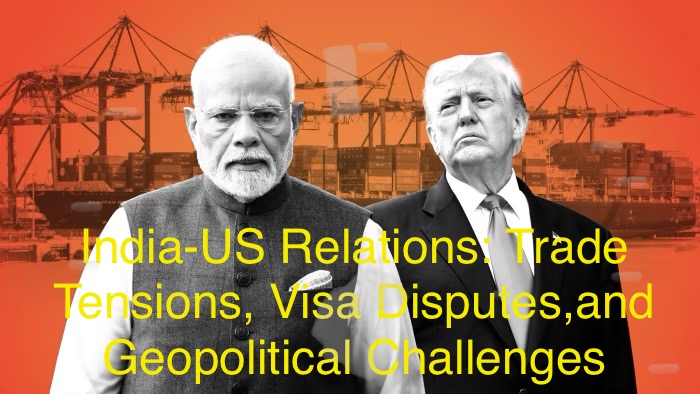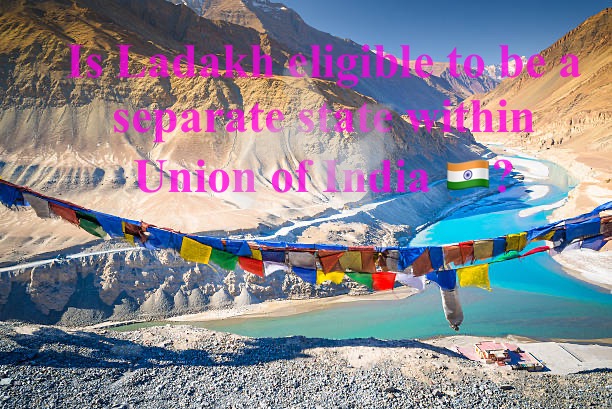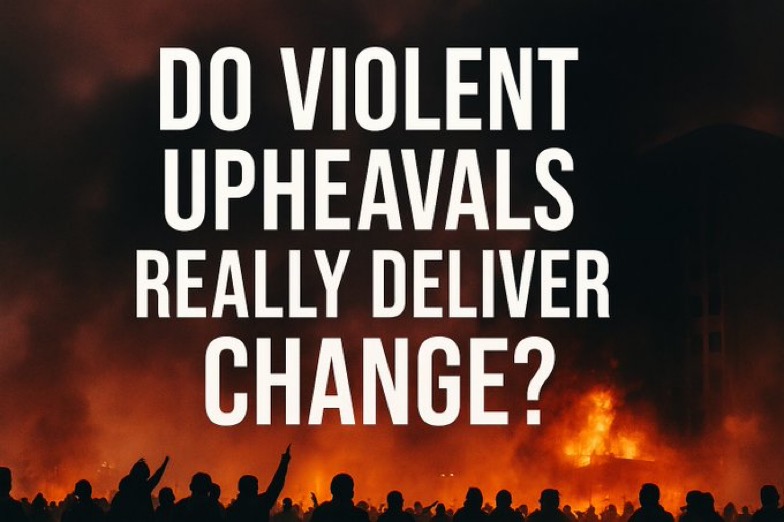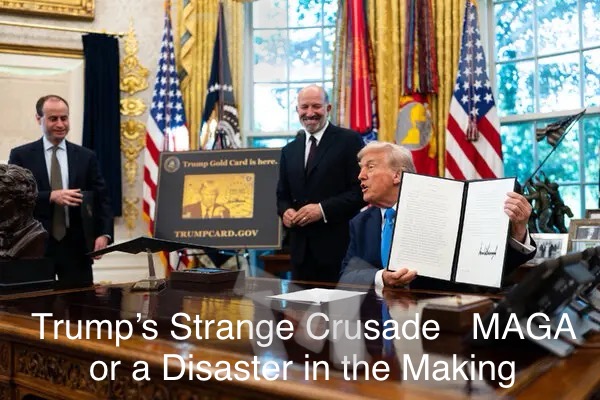
America has always been a land of strange ideas. Some are harmless, even charming. In the 1990s, an American billionaire became so fascinated by the spectacle of the 1994 FIFA World Cup that he decided to start his own football league. He was convinced he could change the world’s most popular sport. What he ended up doing was losing a fortune and leaving behind a curiosity footnote in sporting history.
That was eccentricity at its best: costly, yes, but ultimately benign. America has been full of such characters religious revivalists, utopian commune builders, eccentric inventors, and Silicon Valley dreamers who believed they could remake the world. Some of their schemes collapsed in absurdity others changed human life forever. This country has long thrived on an atmosphere of dissent, individualism, and experimentation.
But never in its history has America seen a figure as strange, reckless, and dangerous as Donald J. Trump. Nixon bent rules in paranoia McCarthy thrived on hysteria. But Trump is in a different league: impulsive, vindictive, and obsessed with optics over substance. His policies on immigration, tariffs, visas, and alliances are not just unconventional they are actively harmful. They represent not creative eccentricity but destructive lunacy.
If America embraces another four years of Trump’s chaos, it will not be making itself “great again.” It may be courting disaster economic, social, and geopolitical.
Cruelty as Immigration Policy
Trump has always treated migrants as scapegoats. His rhetoric paints them as criminals, invaders, and parasites never as human beings or as contributors to the American economy. His administration’s raids and detention sweeps have turned neighborhoods into war zones. Families live in fear of the knock at the door. Children avoid school because they fear their parents won’t be there when they return home.
The scale and brutality of these operations evoke memories of one of America’s darkest chapters: the internment of Japanese Americans after Pearl Harbor. Then, entire communities were herded into camps based on suspicion and prejudice. Today, migrants are rounded up, processed like cattle, and detained in makeshift prisons. This is not law enforcement it is institutionalized cruelty masquerading as patriotism.
The irony? These actions cripple the very industries America relies on:
- From California’s produce farms to Oregon’s cherry orchards, labor shortages have left fields unharvested. In Ventura County, estimates suggest a 20–40% drop in workforce after intensified raids, costing $3–7 billion in crop losses. Prices of fruits and vegetables are projected to rise 5–12% as supply dwindles. Crops rot not because Americans won’t eat them, but because Trump won’t let anyone harvest them.
- Immigrant labor is the backbone of U.S. construction, particularly in states like California, Texas, and Florida. Raids have driven workers underground, creating acute shortages. Contractors report that drywall installers, roofers, and flooring specialists now demand double the hourly rate. Rebuilding fire ravaged California homes has slowed to a crawl. A president who boasted of building towers now presides over a nation that cannot repair its homes.
- Waste management, meatpacking, and sanitation unglamorous but indispensable industries depend heavily on immigrant labor. By terrorizing workers, Trump undermines supply chains, weakens food security, and exposes hidden fragilities in essential services.
The broader picture is of a nation sabotaging itself. What Trump calls “restoring order” is in fact destabilizing the economy, raising prices for consumers, and breaking the back of industries that cannot function without immigrant workers.
Here Trump resembles authoritarian leaders elsewhere who weaponized nationalism at the expense of pragmatism. Britain’s Brexit crusaders promised sovereignty but delivered higher prices, labor shortages, and empty supermarket shelves. Turkey’s Erdogan pursued populist controls that wrecked the currency and gutted growth. Trump’s America is marching down the same path: ideology over economics, cruelty over common sense.
The H1B Folly: Choking America’s Innovation
If agriculture and construction reveal Trump’s disregard for low wage immigrant labor, the tech sector highlights his hostility to high skilled migrants. His latest assault on the H 1B visa program is both shortsighted and self defeating.
For decades, the H 1B has been America’s lifeline to global talent. Indian and Chinese engineers, armed with world class STEM education and cultural adaptability, have filled critical gaps in Silicon Valley. They have driven breakthroughs in artificial intelligence, cybersecurity, and biotech. Many of America’s top startups were founded by immigrants on H1Bs.
Trump’s new visa restrictions sky high fees, reduced quotas, and arbitrary hurdles jeopardize this advantage. He imagines that by throttling H 1Bs, he will force corporations to hire Americans. But here is the brutal economic reality:
- The average U.S. software engineer costs nearly double an equally skilled Indian or Chinese counterpart.
- Outsourcing thrives because of cost efficiencies: a back office worker in India or the Philippines costs $30,000–40,000 per year, versus $100,000–150,000 in the U.S. on an average
- Per seat costs in global BPOs are 2.5 times higher in America than in Asia.
No patriotic slogan can erase this arithmetic. Companies cannot simply absorb doubled costs and remain competitive. If denied visas, they will offshore entire divisions instead of hiring domestically. The net result? America loses jobs, loses innovation, and loses its edge.
This is not hypothetical. The Indian IT sector is already reporting accelerated offshoring contracts as U.S. firms hedge against Trump’s policies. Chinese tech hubs from Shenzhen to Shanghai are delighted to absorb talent locked out of the United States. Canada has positioned itself as the friendly alternative, attracting both companies and workers fleeing American hostility. Trump is not making America a magnet for talent he is turning it into a repellent.
The hypocrisy is staggering. Trump rails against China while handing Beijing a competitive edge. He attacks Indian outsourcing while pushing more business India’s way. His policies are the geopolitical equivalent of self immolation.
Tariffs and the Folly of Friend Bashing
Trump’s obsession with tariffs is another self inflicted wound. Tariffs are essentially taxes paid by American consumers. Yet he insists on slapping them across the board, targeting not only rivals like China but also allies like South Korea, the European Union, and even Canada.
The absurdity reached its peak with the raid on Hyundai’s U.S. plant a foreign investment that created American jobs, attacked by a president supposedly fighting for American workers. This is not economic strategy it is nationalist theater.
By waging trade wars against allies, Trump undermines the very partnerships that have made America strong. NATO, the EU, Japan, and Korea are not adversaries they are the scaffolding of America’s global power. Alienating them does not strengthen America it isolates it.
History offers a grim lesson. The Smoot Hawley Tariff Act of 1930, passed in the name of protecting American jobs, deepened the Great Depression by sparking retaliation and collapsing global trade. Trump seems intent on repeating that catastrophe. His tariffs invite retaliation that punishes American exporters, from soybean farmers to aircraft manufacturers. Supply chains fracture, raising costs for U.S. manufacturers. Inflation accelerates as consumers pay more for basic goods.
This is not protection it is self punishment. The promise was to make America competitive. The result is to make it expensive.
The Company He Keeps: Fanatics in the Court
Trump’s strangeness is magnified by the company he keeps. Figures like Navarro, Bessant and Kudlow have long been derided as cranks by mainstream economists. But under Trump, fringe theorists became architects of policy.
Take Bessant’s rants against trade deficits or Navarro’s bizarre statement on Indian Brahmins rhetoric that mixes prejudice with ignorance, presented as strategic insight. Add to that Stephen Miller, the dark architect of family separation, or Steve Bannon, whose apocalyptic nationalism became Trump’s guiding philosophy. These are not the sober advisors of past presidencies they are fanatics indulging Trump’s worst instincts.
The result is a White House that resembles less a cabinet of statesmen than a court of zealots feeding Trump’s paranoia, cheering his impulsiveness, and amplifying his ignorance. It is government by grievance and conspiracy, not by reason or expertise.
The Mirage of Greatness
What has one year of Trump’s second term produced?
- Industries destabilized by raids.
- Food prices rising due to labor shortages.
- Housing projects stalled from lack of workers.
- Tech innovation strangled by visa crackdowns.
- Allies alienated by tariffs and insults.
This is not greatness. This is decline dressed up as patriotism.
Trump’s slogan, “Make America Great Again,” is a mirage. It trades real economic strength for symbolic gestures. It sacrifices cooperation for confrontation. It abandons pragmatism for ideology.
The global parallels are sobering. Britain after Brexit faces worker shortages, supply chain chaos, and diminished global standing. Turkey under Erdogan sees a currency in freefall thanks to populist meddling. India under Modi has courted investment but frightened away talent with arbitrary visa policies and rising nationalism. Everywhere nationalism masquerading as economics produces the same result: stagnation, inflation, and isolation. Trump is writing America into that same tragic script.
A Disaster in the Making
America’s history of strange ideas has often propelled it forward. Trump’s ideas, by contrast, drag it backward toward isolation, prejudice, and economic folly. His war on migrants destabilizes industries. His assault on H 1Bs sabotages innovation. His tariffs punish allies and consumers alike. His advisors are fanatics, not strategists.
This is not a path to greatness but to ruin. If Trump’s trajectory continues for another three years, America may not get poorer, weaker, but surey more isolated than at any time in living memory.
The bitter irony? Trump promised to make America great again. Do you think this way America will be Great again or remain Great ?

